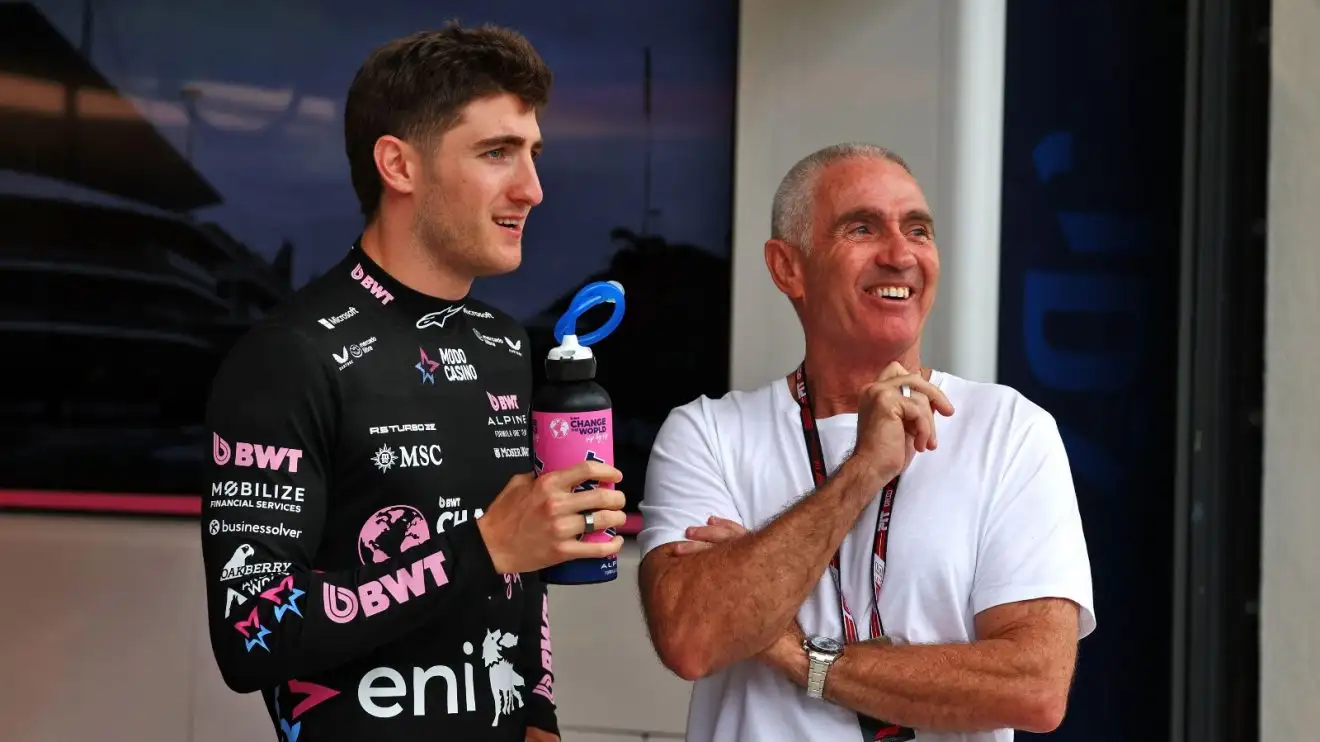Formula 2 driver Jack Doohan has spoken out against a wave of online abuse directed at him and his family, triggered by fabricated screenshots circulating on social media. The images, purporting to show offensive messages allegedly sent by Doohan, rapidly went viral, sparking a torrent of hateful comments and personal attacks across various platforms. Doohan, son of former motorcycle Grand Prix world champion Mick Doohan, vehemently denied any involvement in the creation or dissemination of the false content, emphasizing the deeply damaging impact the incident has had on both his personal and professional life. He called the perpetrators “cowards” and expressed his profound disappointment in the speed and scale with which the fabricated evidence spread.
The fabricated screenshots, which appeared to be doctored conversations, included derogatory and offensive language aimed at various individuals and groups. The malicious nature of the images was swiftly identified by several online sleuths and fact-checking initiatives who pointed out inconsistencies and evidence of manipulation within the images themselves. Despite these efforts, the damage was already done; the screenshots had already gained significant traction within online racing communities and broader social media, leading to a considerable amount of negative attention focusing on Doohan and his family. The incident highlights the ease with which disinformation can spread online and the serious consequences for victims.
Doohan’s representatives issued a statement condemning the abuse and confirming legal action is being pursued against those responsible for creating and disseminating the fabricated screenshots. The statement also stressed Doohan’s commitment to maintaining a positive online presence and his determination to challenge the spread of false information. The legal team is reportedly investigating all avenues to identify and prosecute those behind the campaign of online harassment. The incident has prompted calls for greater accountability from social media platforms to more effectively combat the spread of fabricated content and protect individuals from online abuse.
The experience has left Doohan visibly shaken, expressing concern for the well-being of his family amidst the intense public scrutiny. He highlighted the psychological toll of such attacks and urged his followers to be vigilant against misinformation and to think critically before sharing content online. Doohan’s appeal for responsible online behaviour echoes a growing call for digital literacy and responsible engagement in the digital sphere, emphasizing the necessity of verifying information before participating in online discussions that could potentially harm individuals.
The incident underscores a broader issue of online safety and the urgent need for robust mechanisms to counter the proliferation of manipulated content. While Doohan’s case serves as a stark reminder of the real-world consequences of online harassment, it also highlights the power of community support and the importance of fact-checking in combating misinformation. The ongoing legal proceedings and the public outcry following the incident are likely to fuel a renewed discussion about online accountability and the need for stronger safeguards against online abuse fueled by fabricated evidence.
